Background
The Limpopo Legislature is an autonomous institution, which is established in terms of the 1996 Constitution of the Republic of South Africa. The Legislature was established in terms of Chapter 6 of the Constitution of the Republic of South Africa 1996 (Act 108 of 1996) with a specific mandate as reflected in Section 104 to 124.
The Legislature is empowered to pass legislation within its functional areas. In exercising its legislative power, a provincial legislature may:
1. Consider, pass, amend or reject any Bill before the legislature; and
2. Initiate or prepare legislation, except money Bills.
Since 1994, the dawn of democracy in South Africa, the Limpopo Legislature has laid a foundation for service delivery and has also enacted a number of laws in order to ensure good governance. When working towards archiving its mandate, the Legislature has put in place mechanisms to monitor implementation of enacted legislation and promotion of public participation during processes of lawmaking.
In terms of Rule 44 of the Standing Rules of the Legislature as adopted on 25th March 2014, the chairpersons of committees must be appointed by the Rules Committee. The leadership of the Limpopo Provincial Legislature met in the first meeting of the Rules Committee of the 5th Term in Polokwane to consider the appointment of chairpersons of its Portfolio Committees.
Members of the Provincial Legislature (MPLs)

























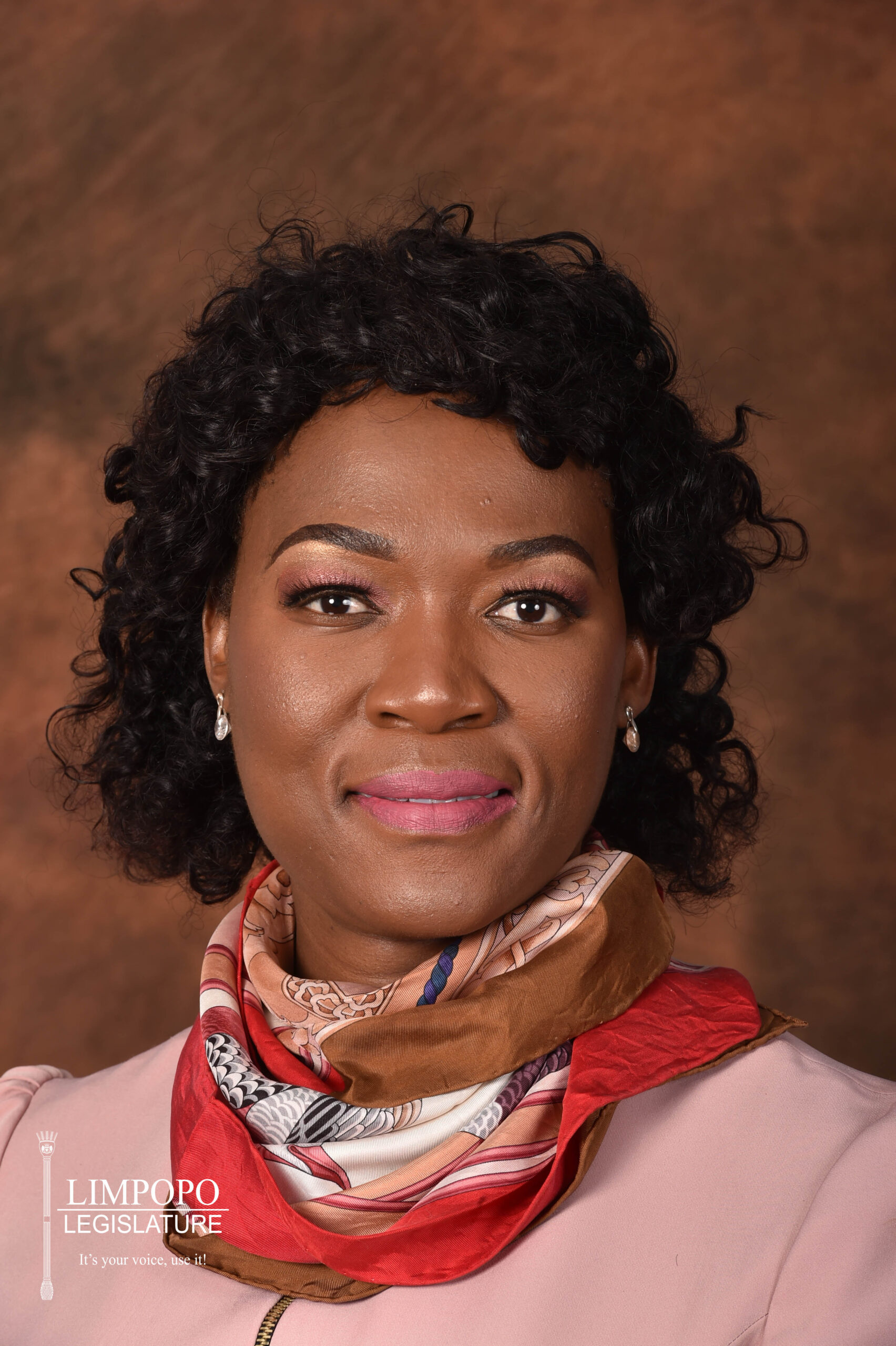
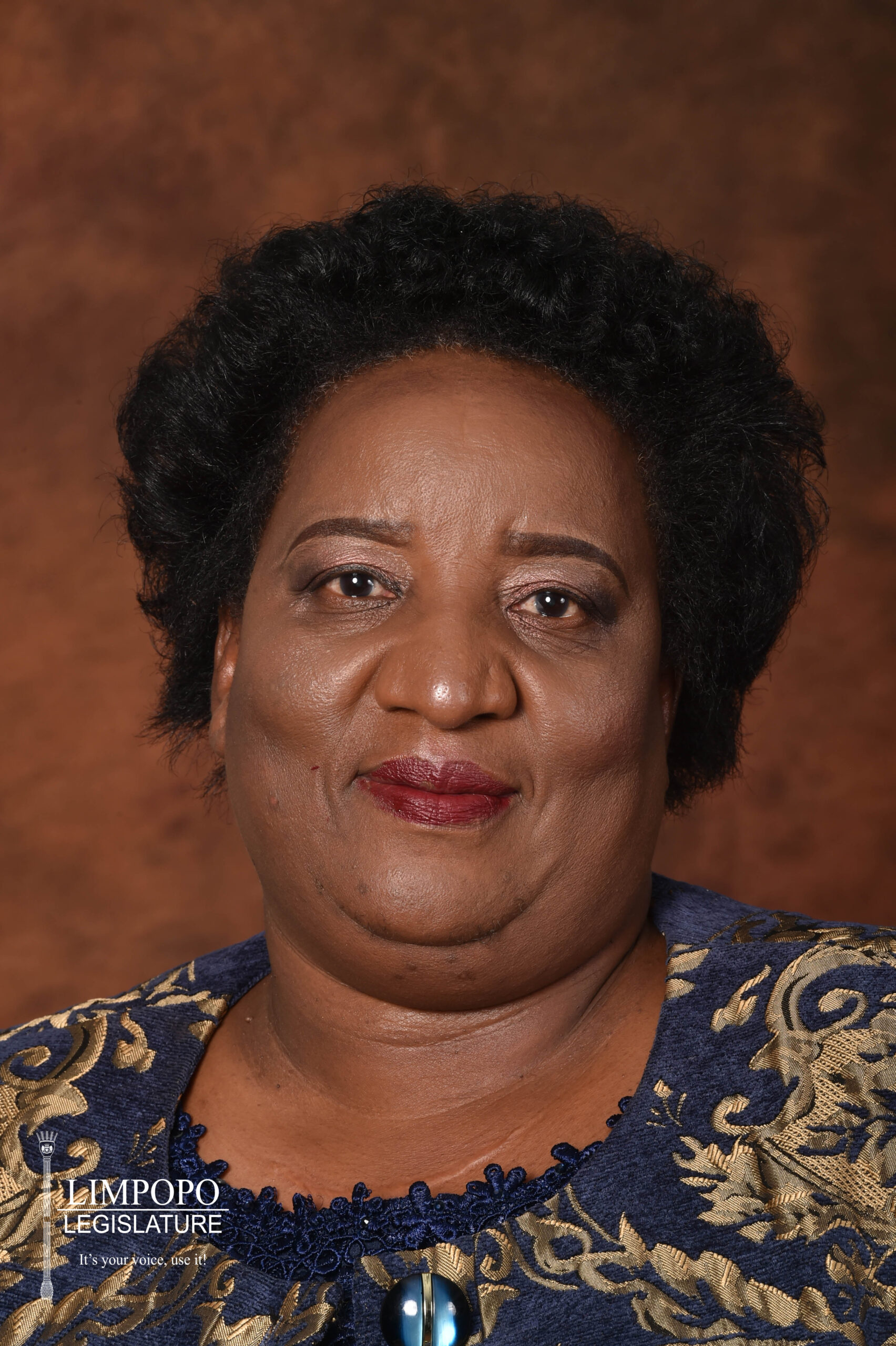
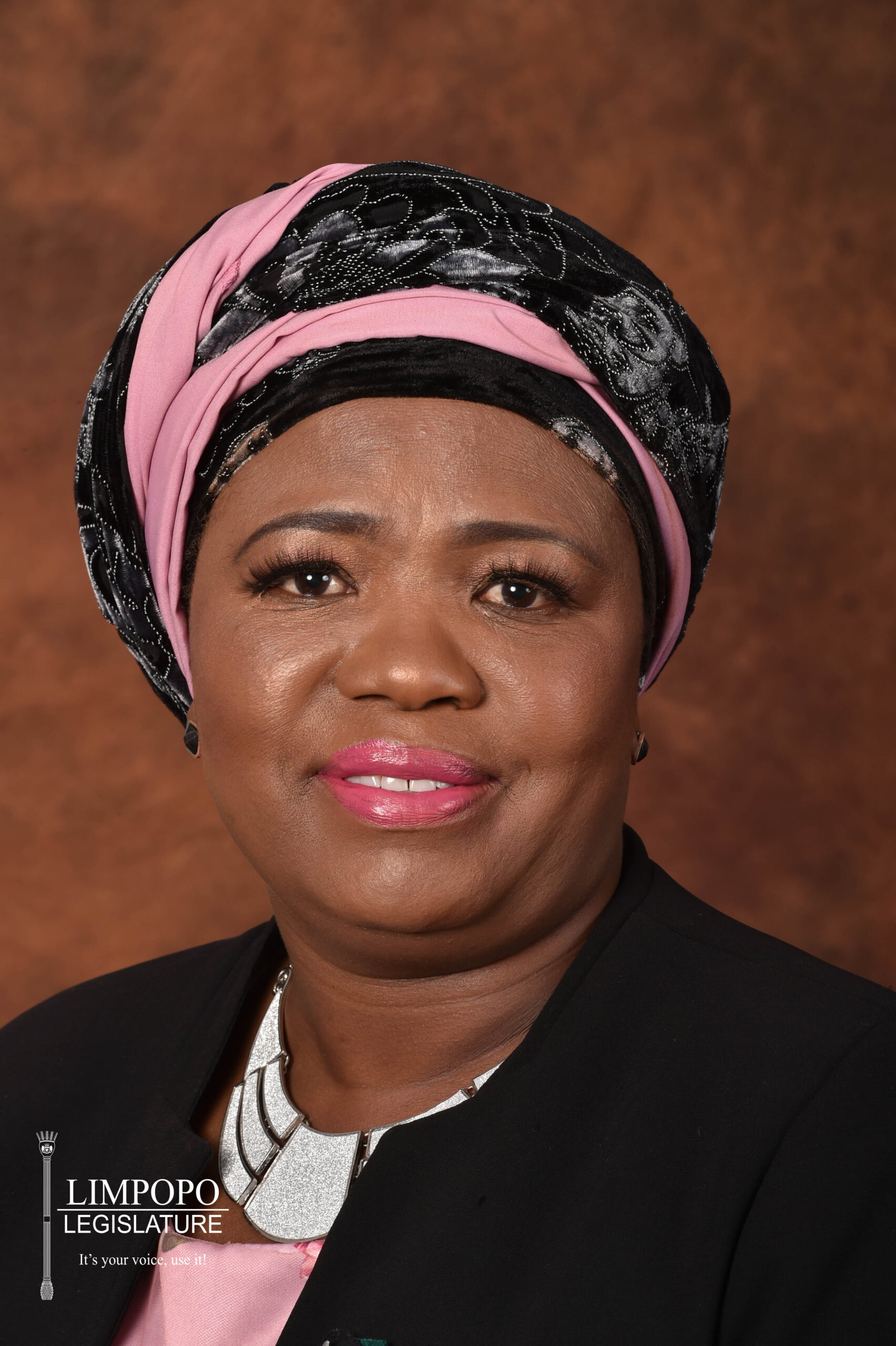
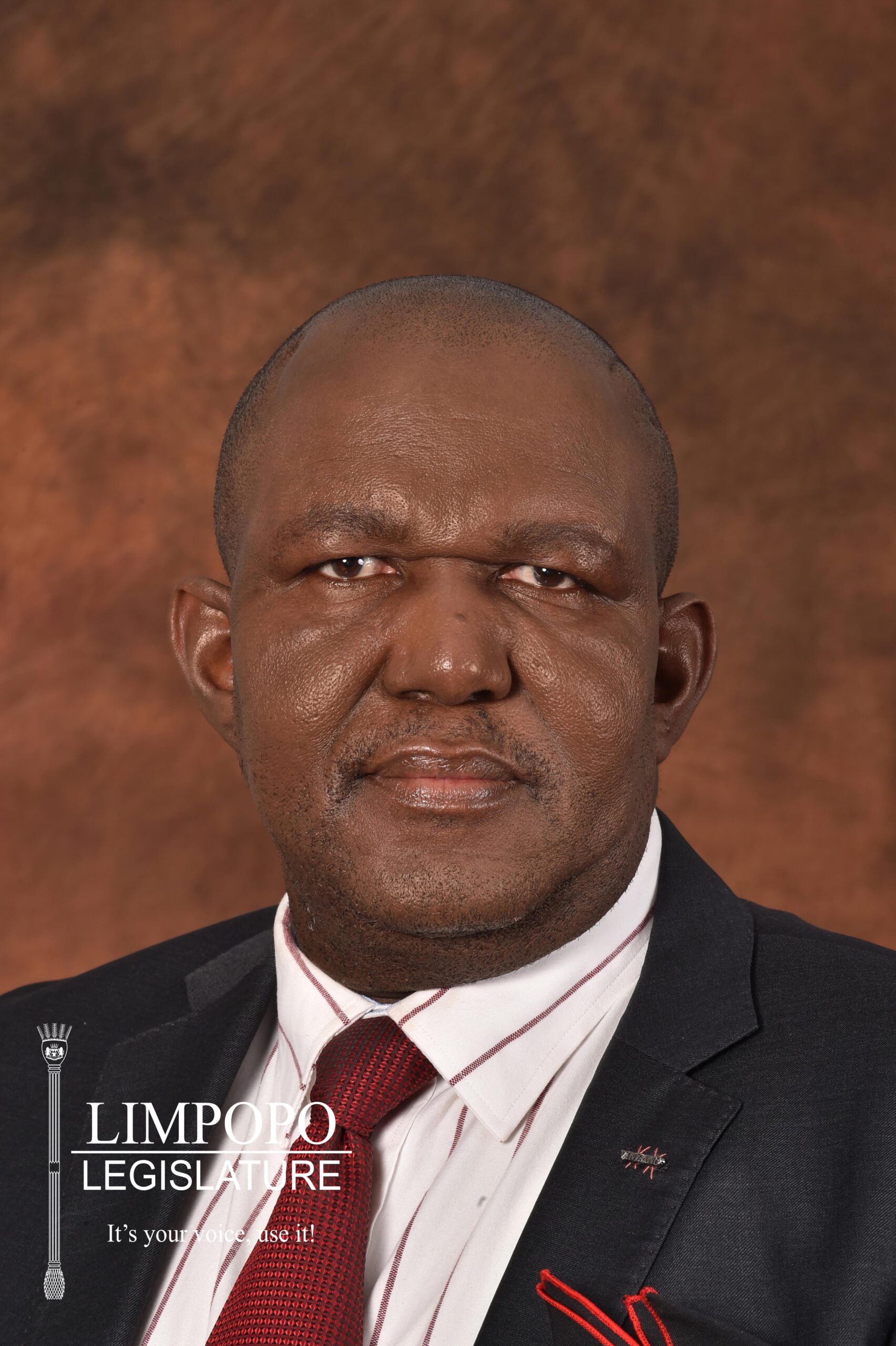

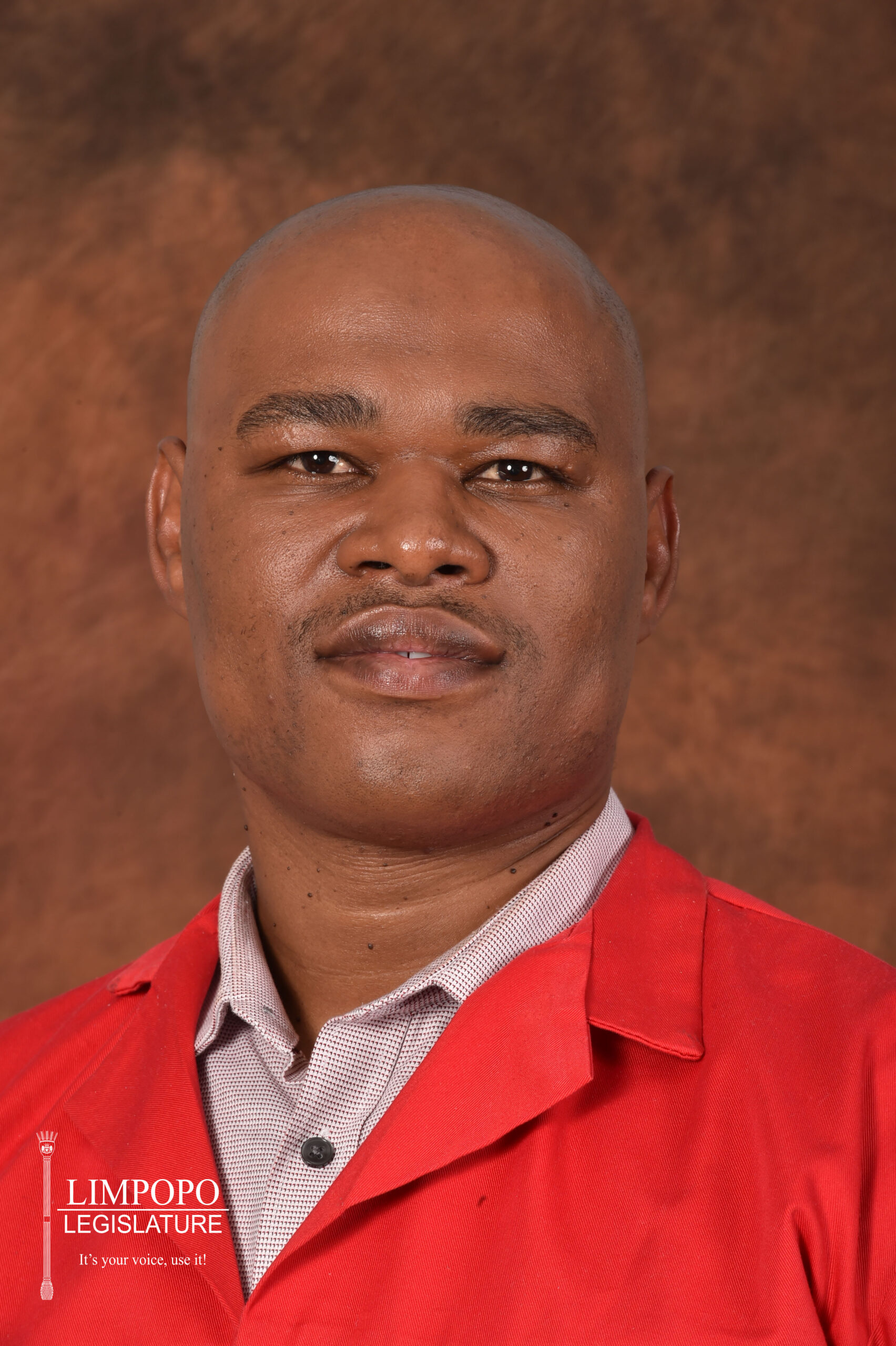
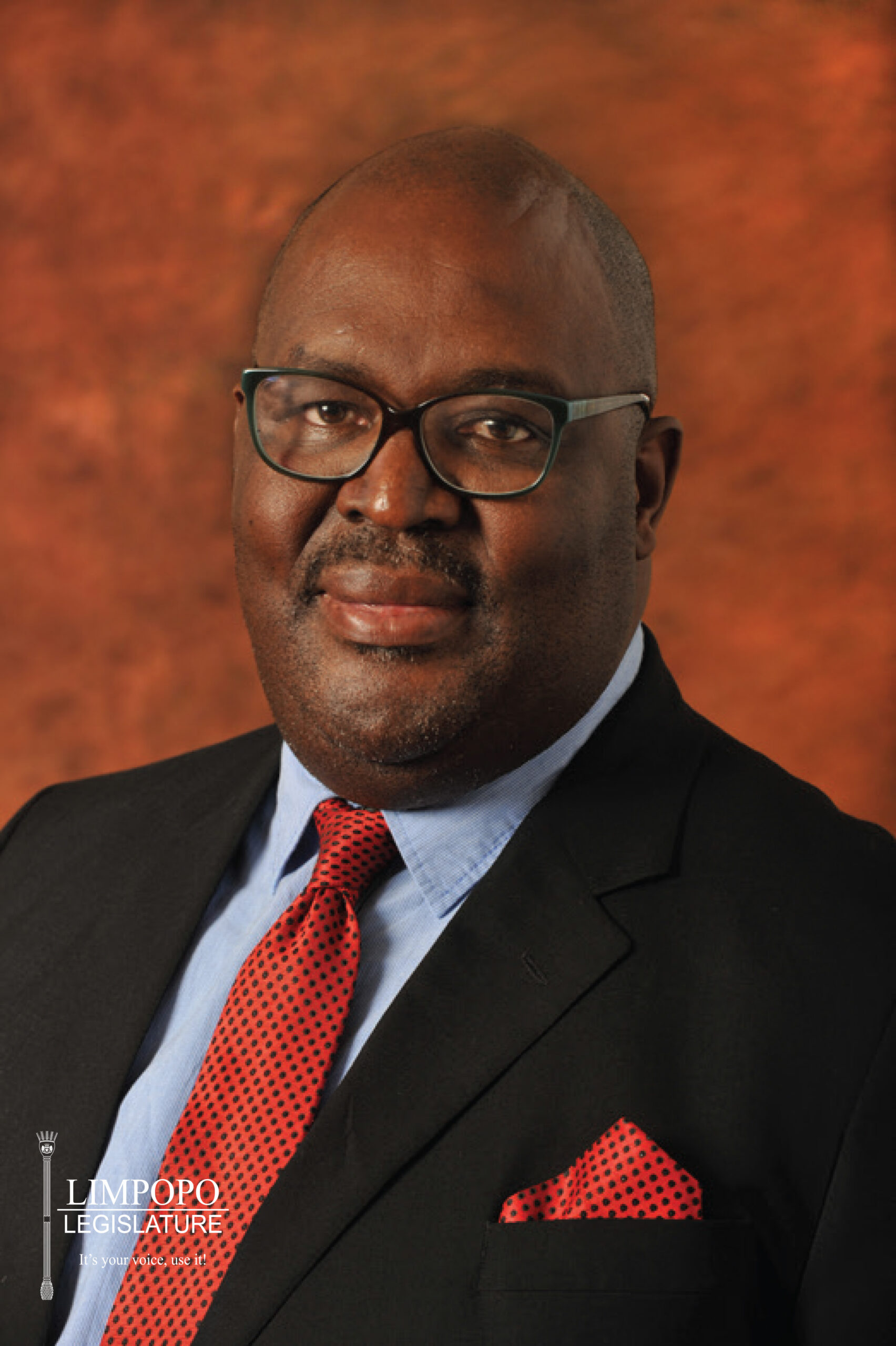
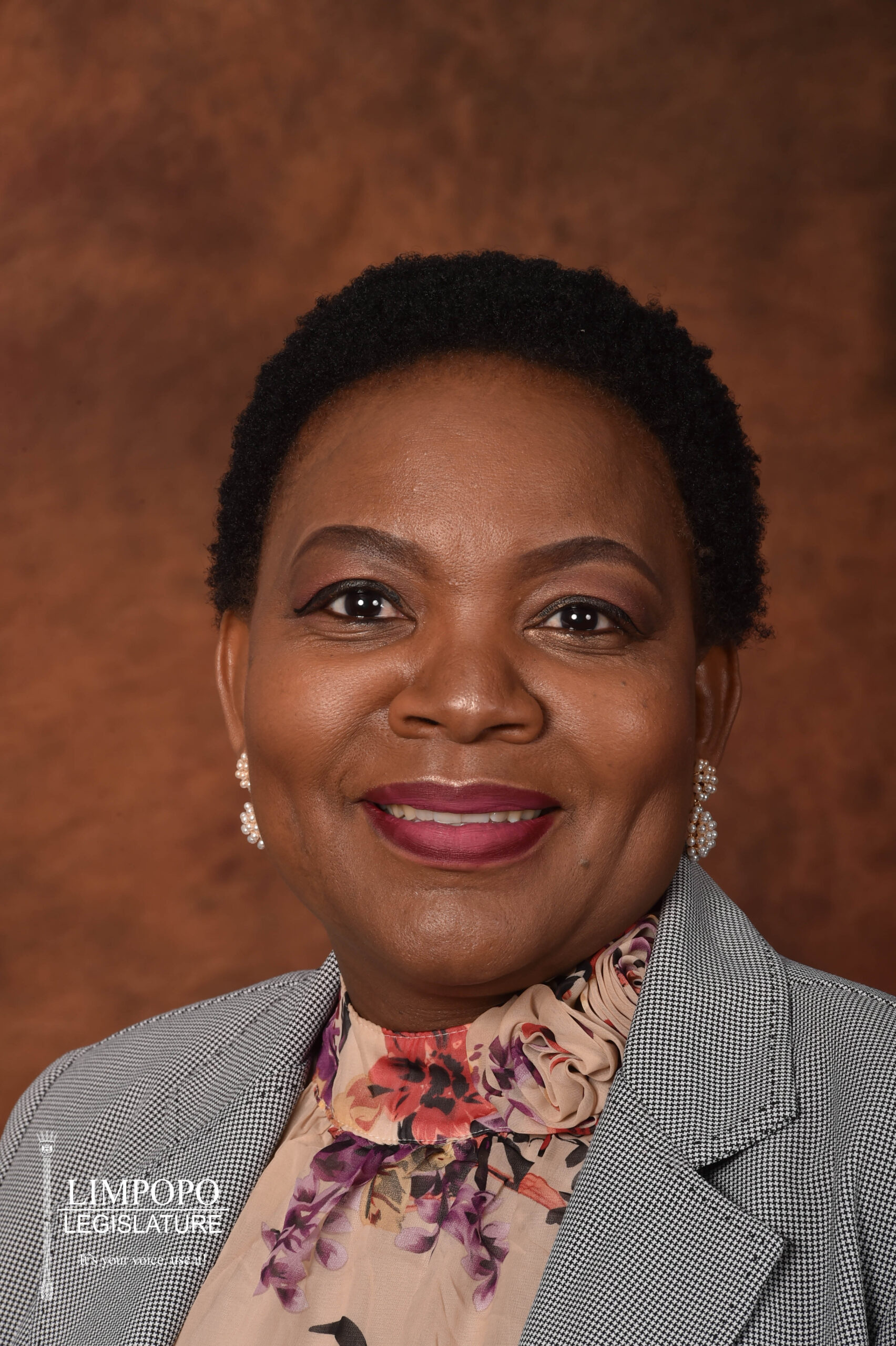

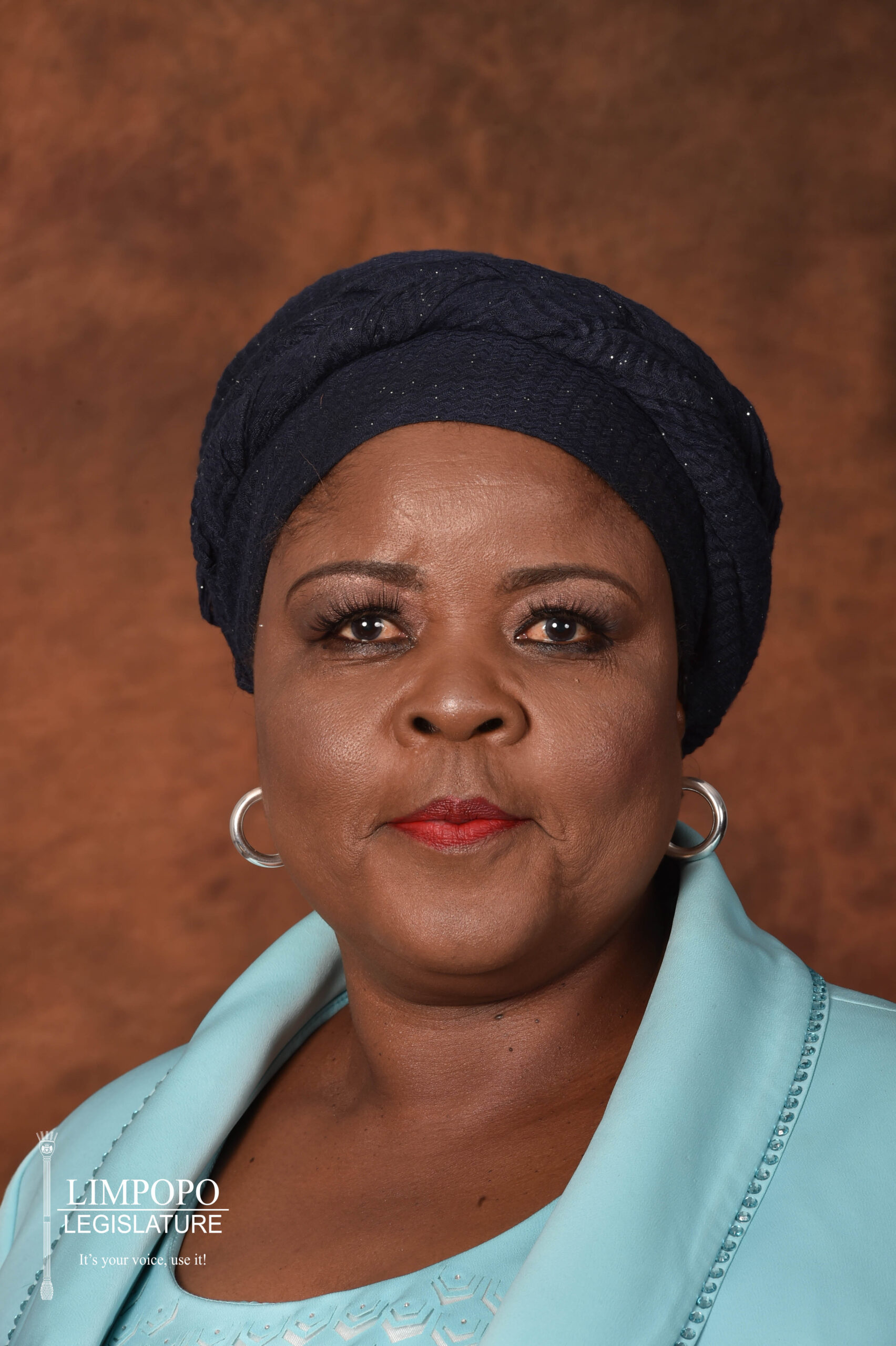
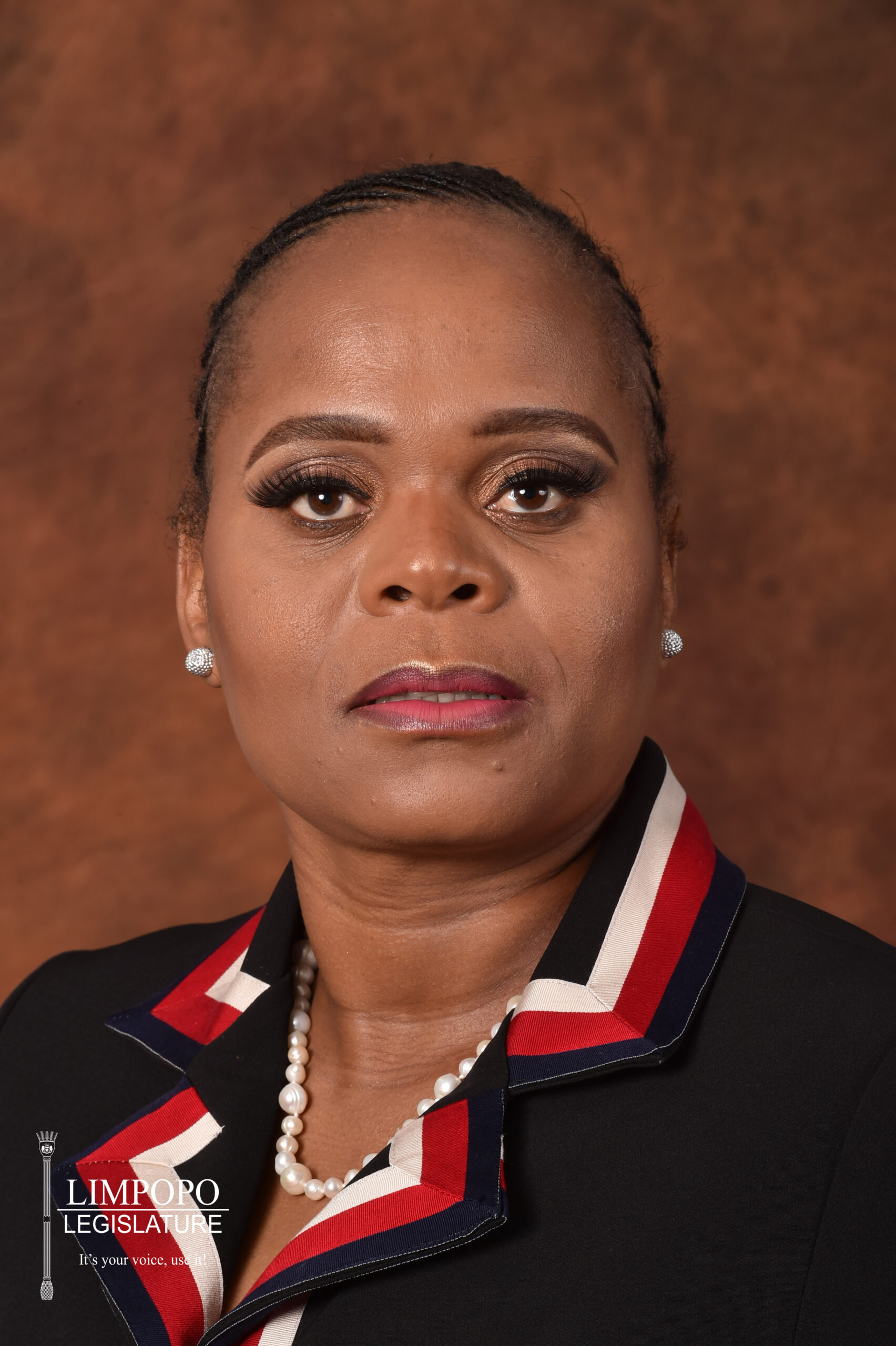
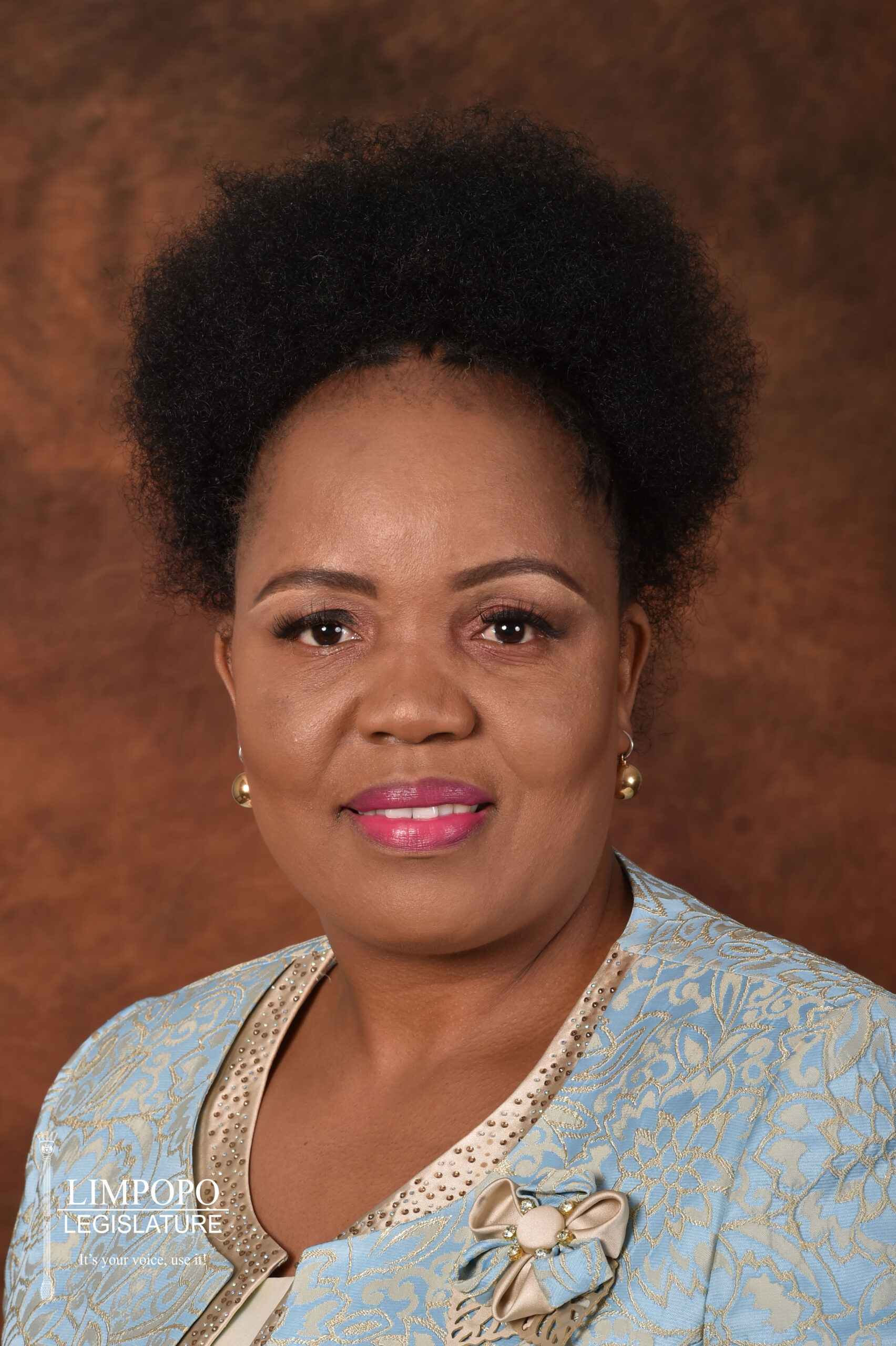
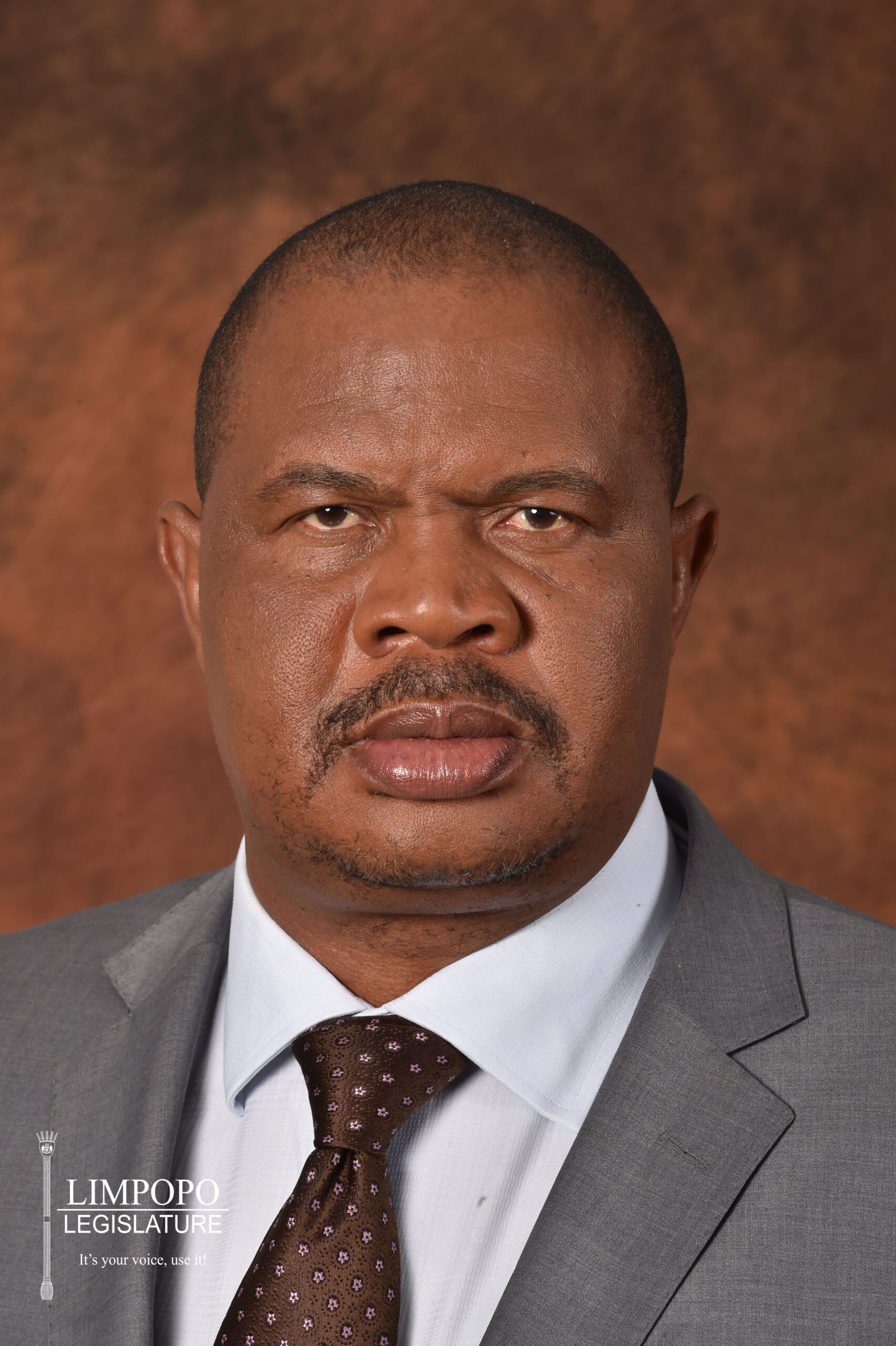
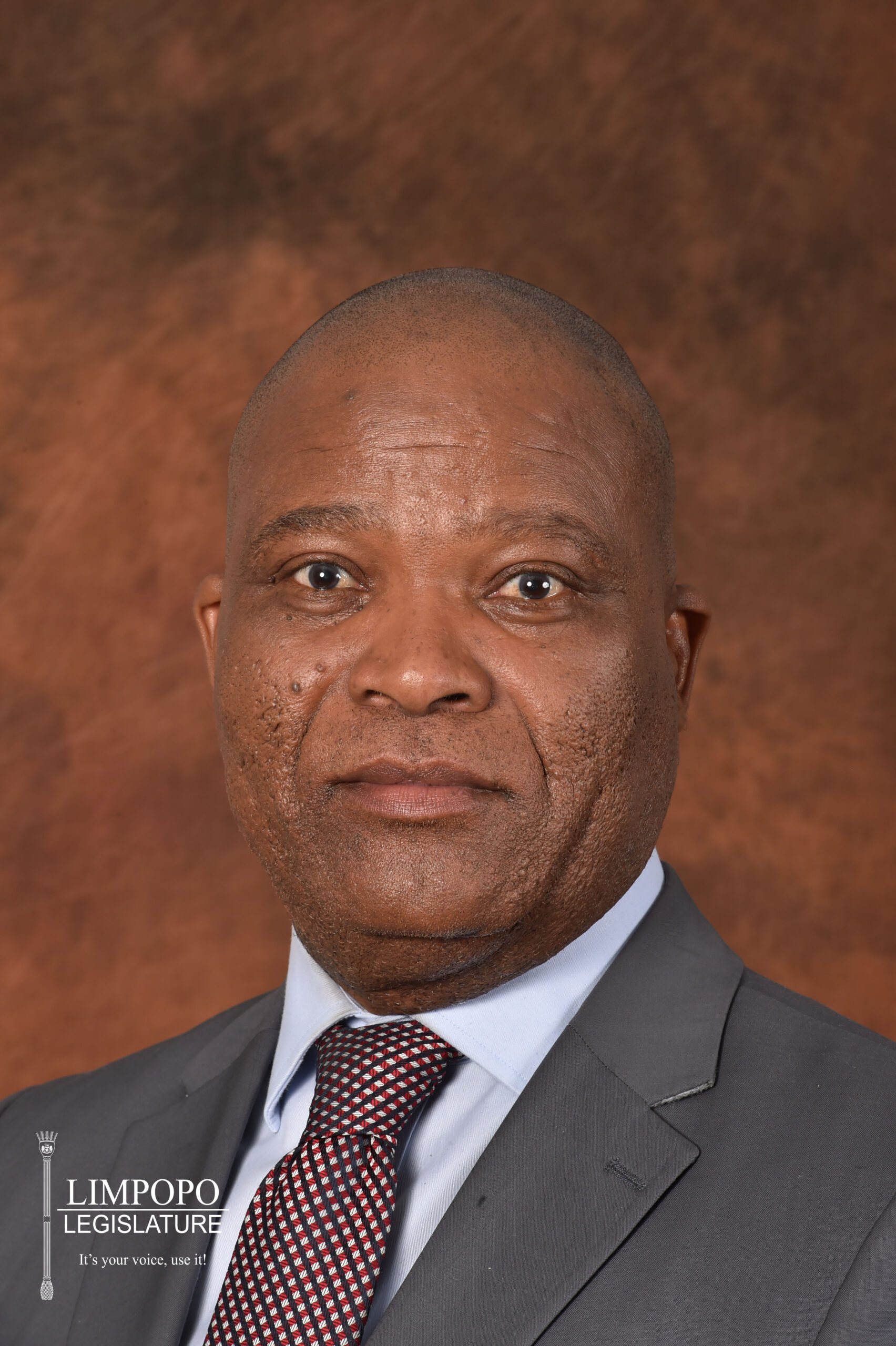
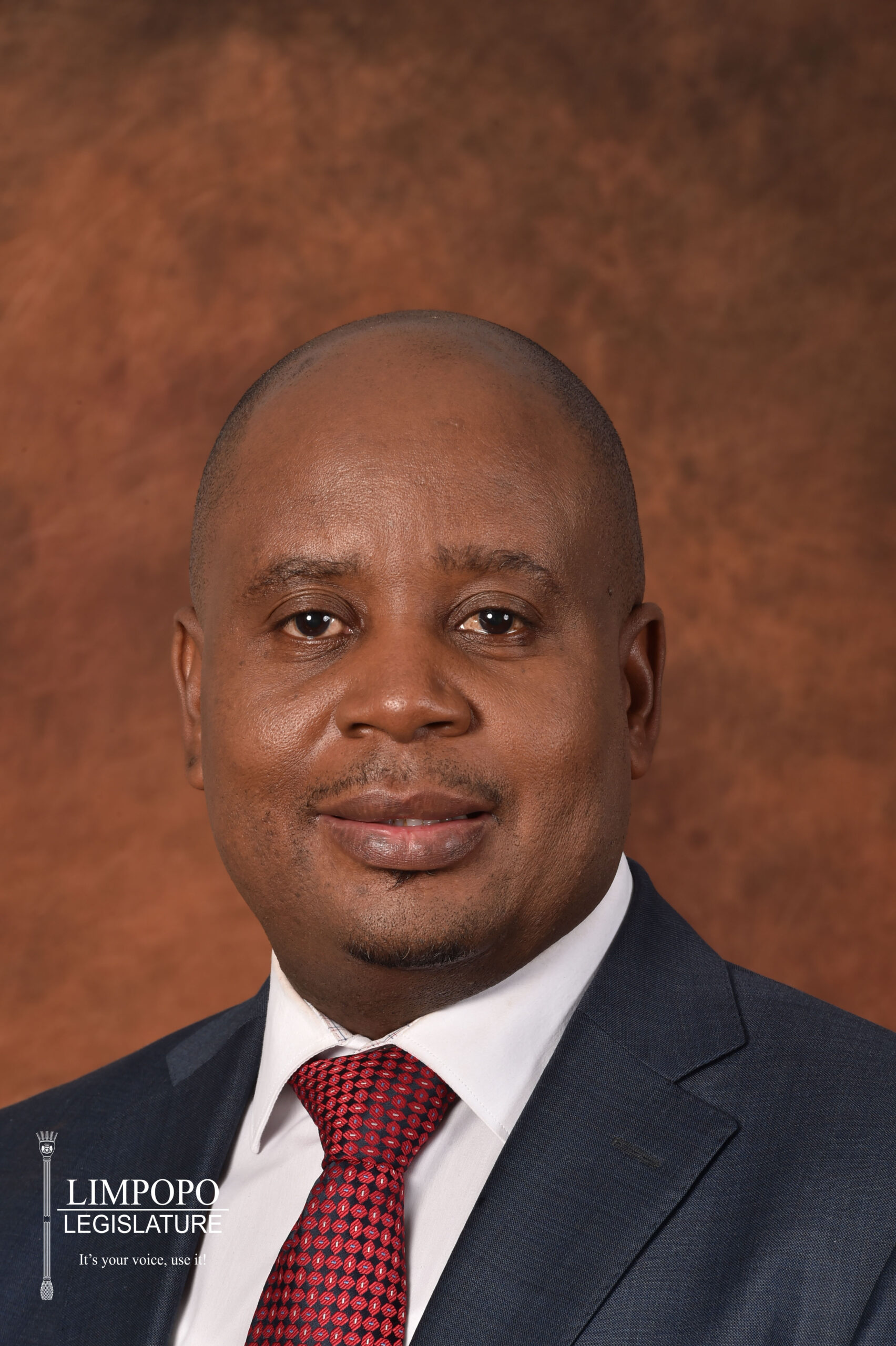
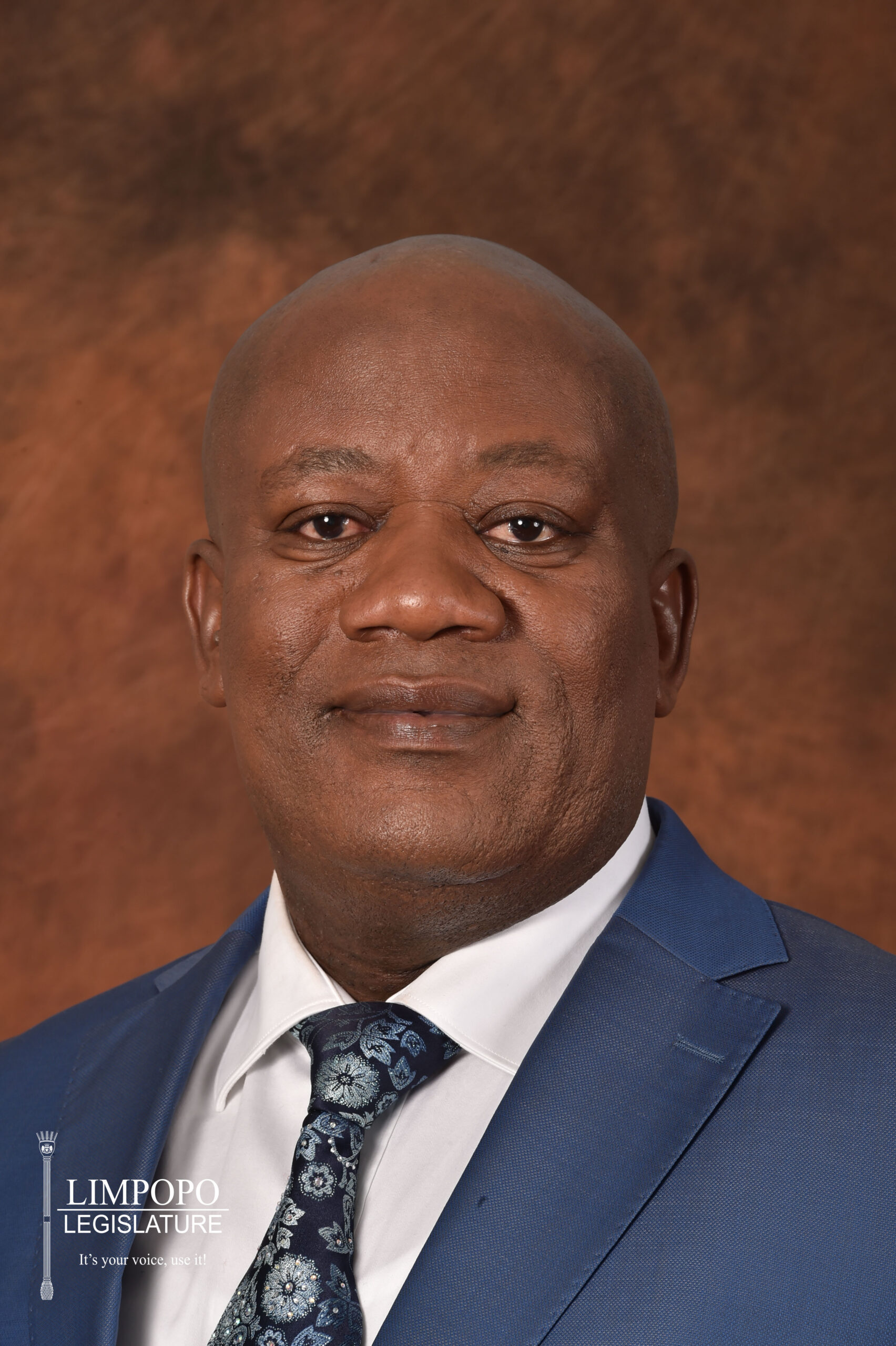

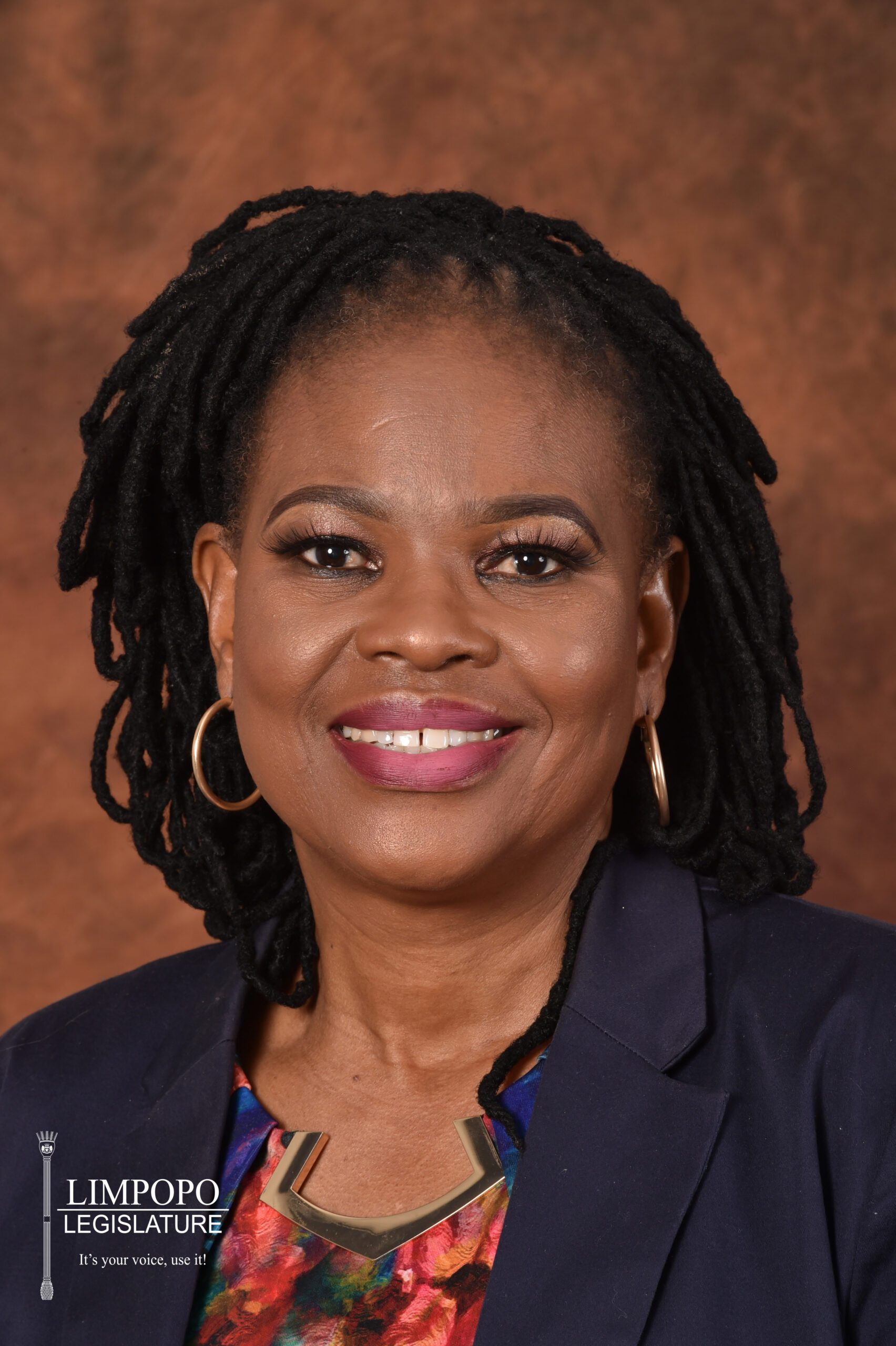
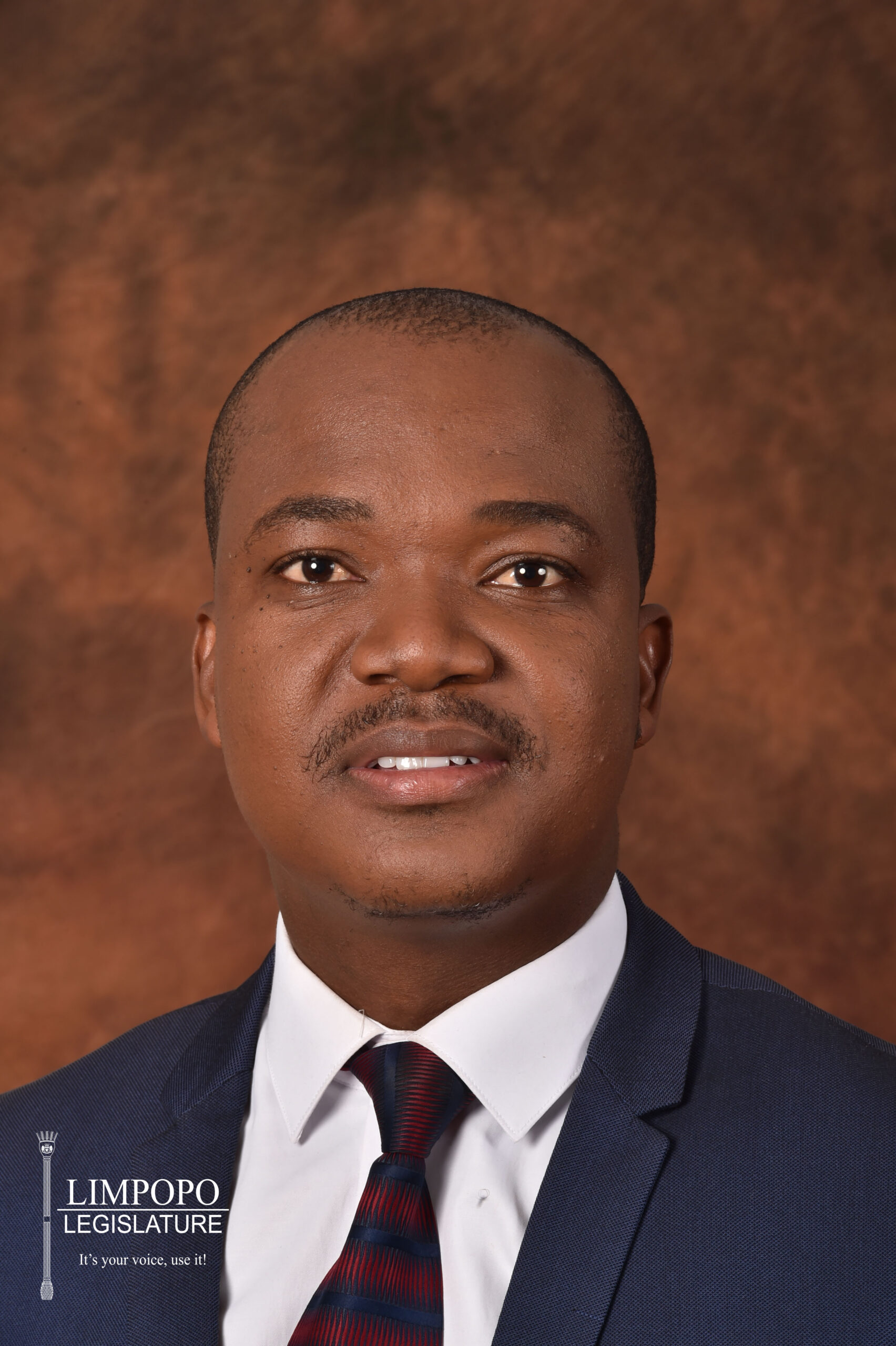
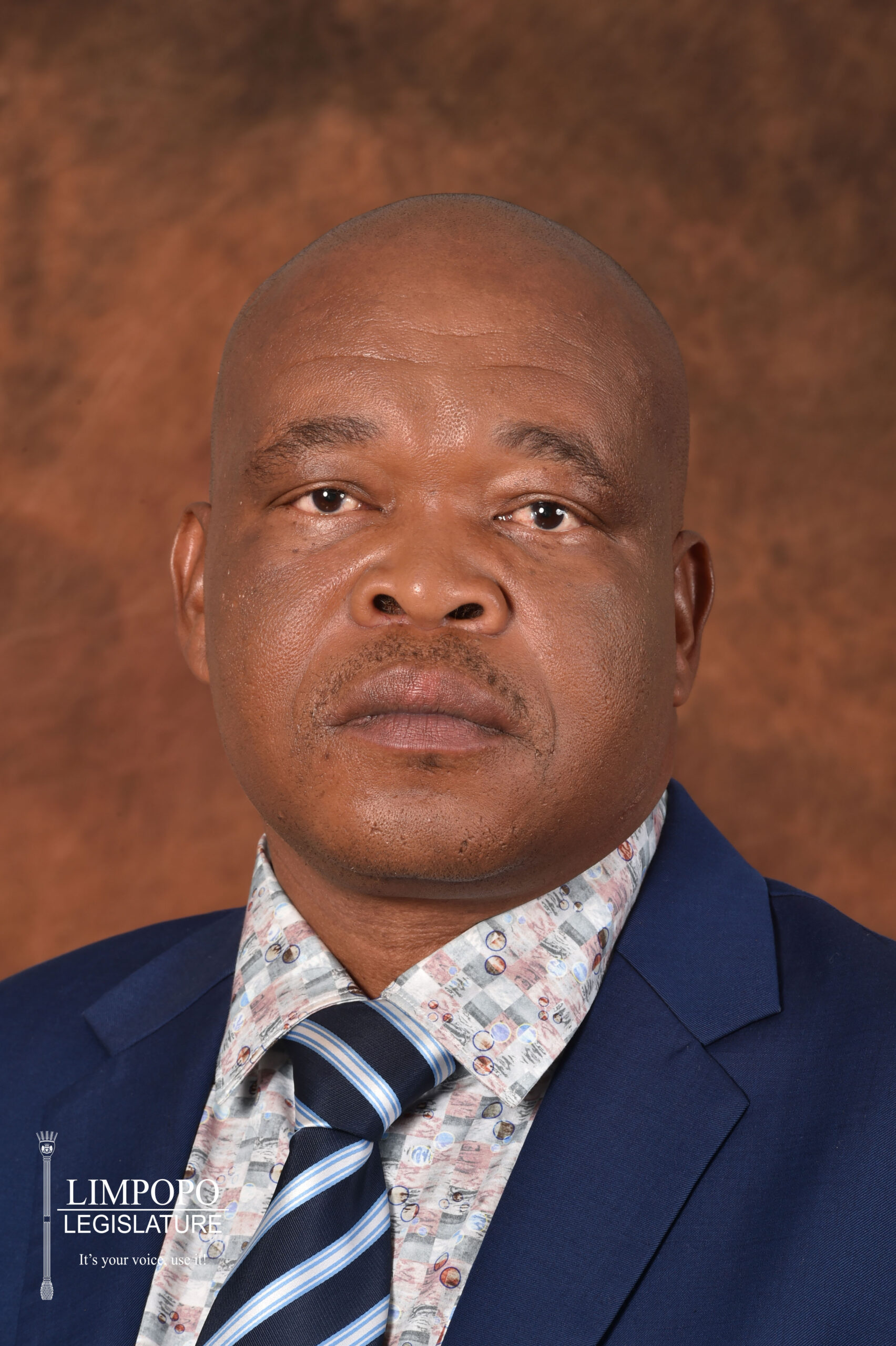
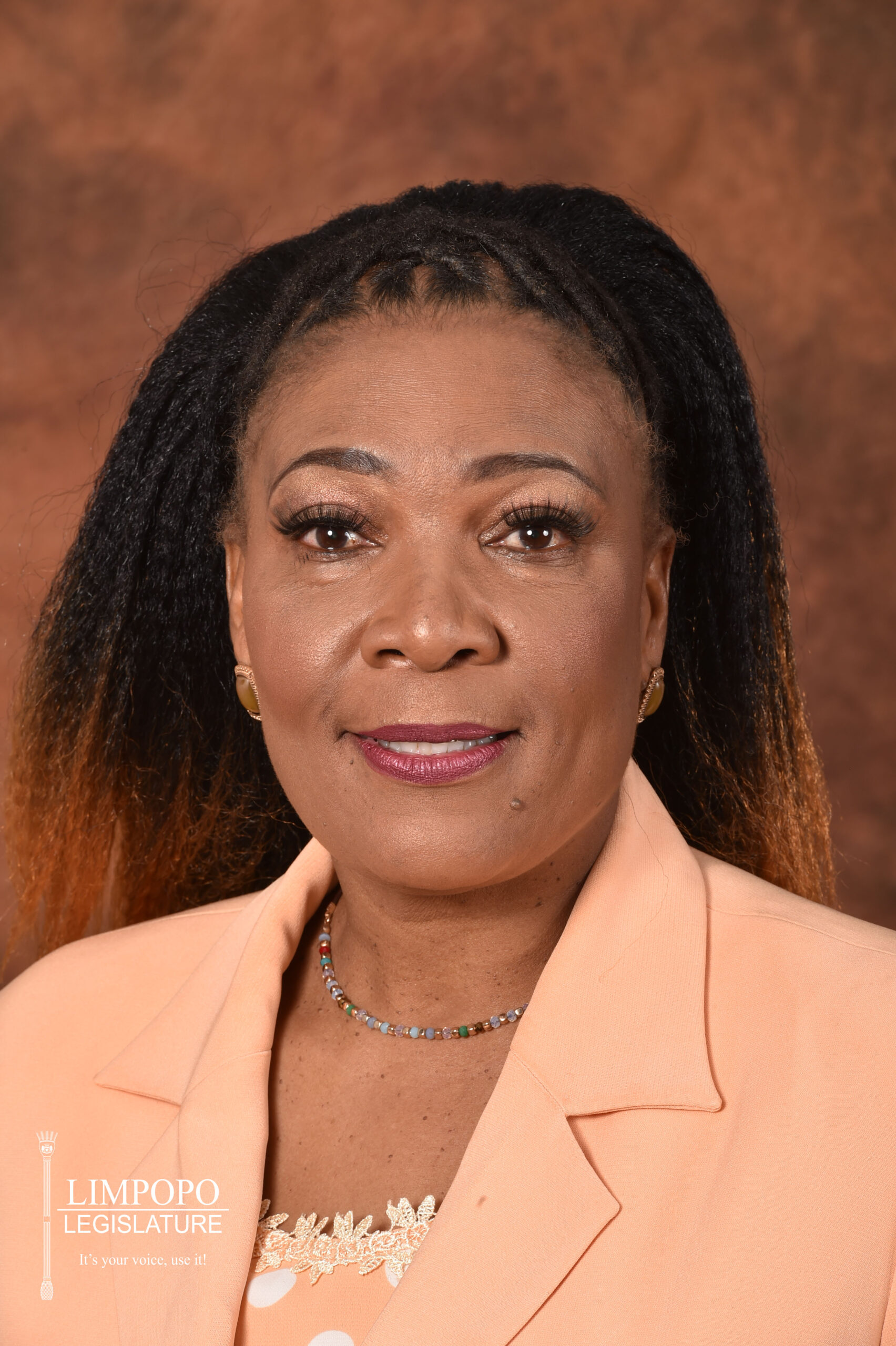
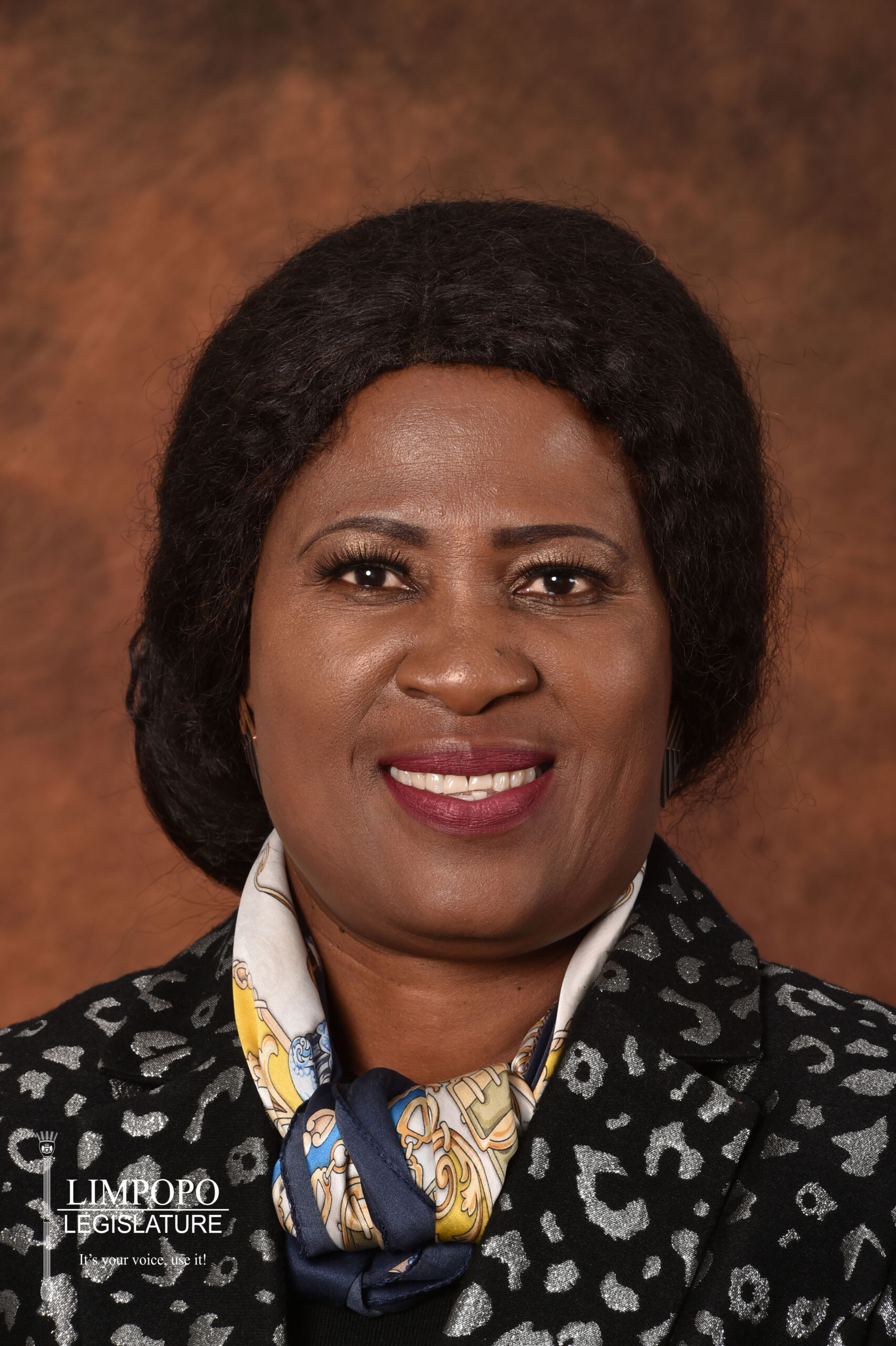
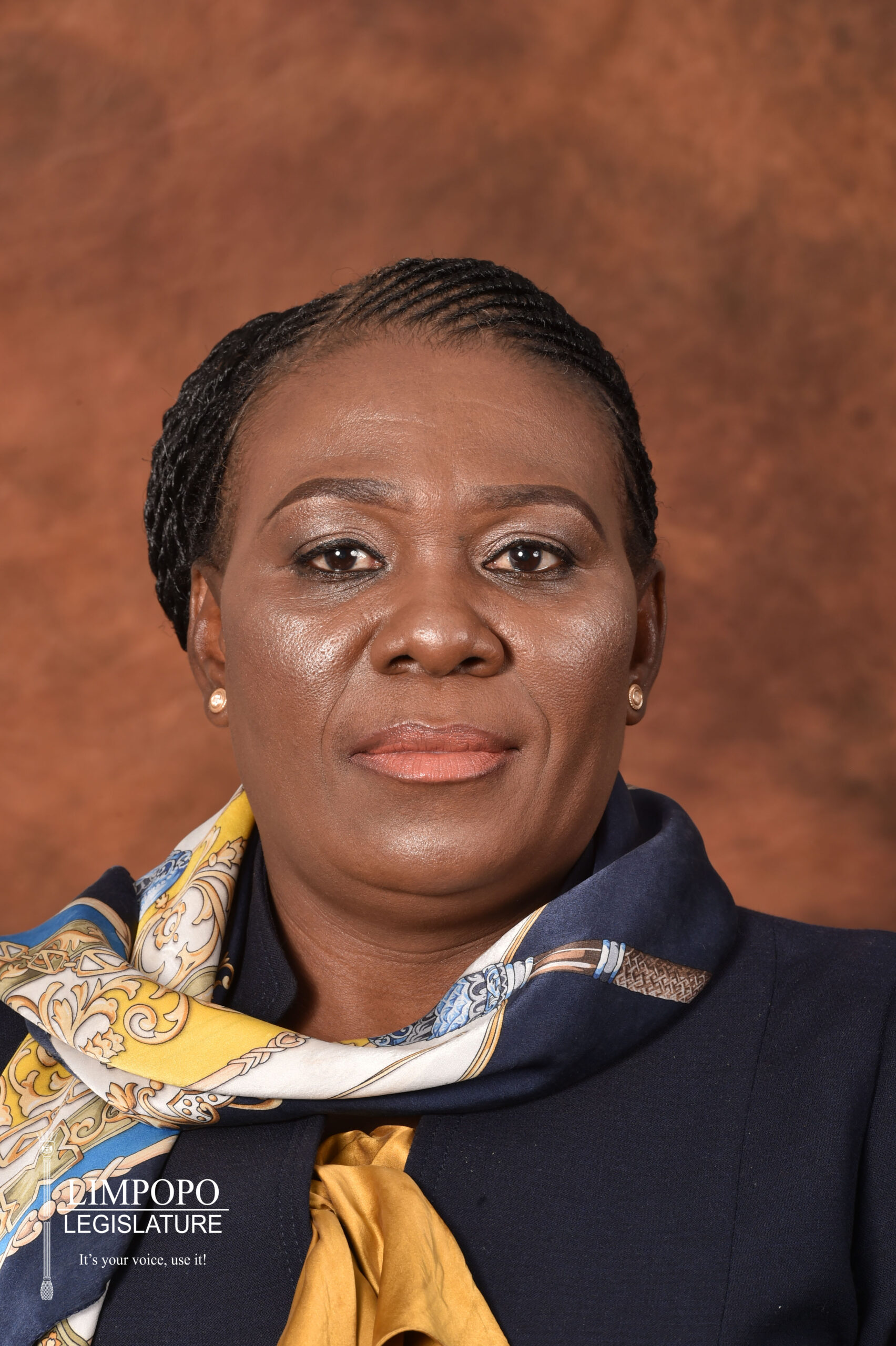
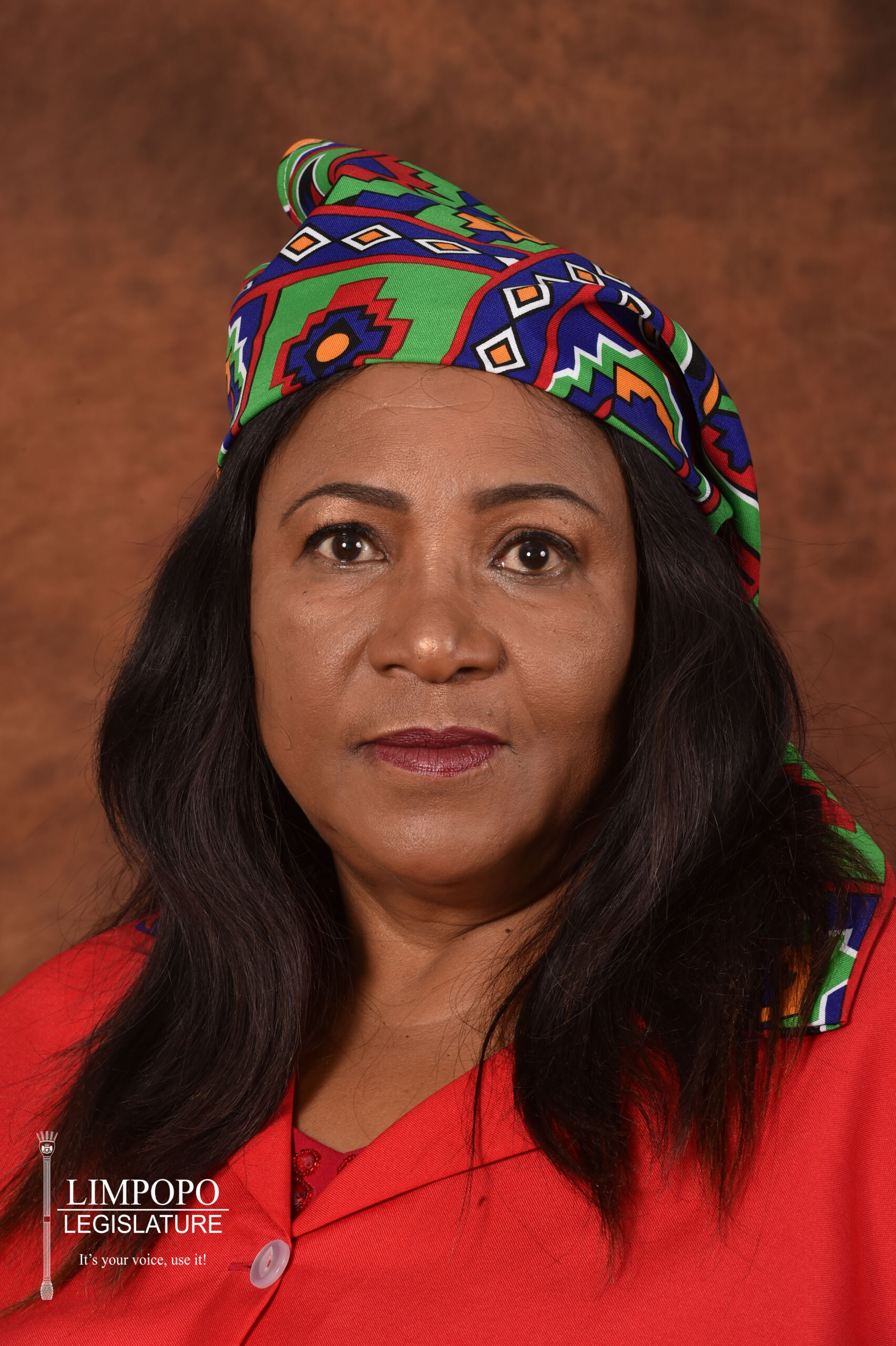
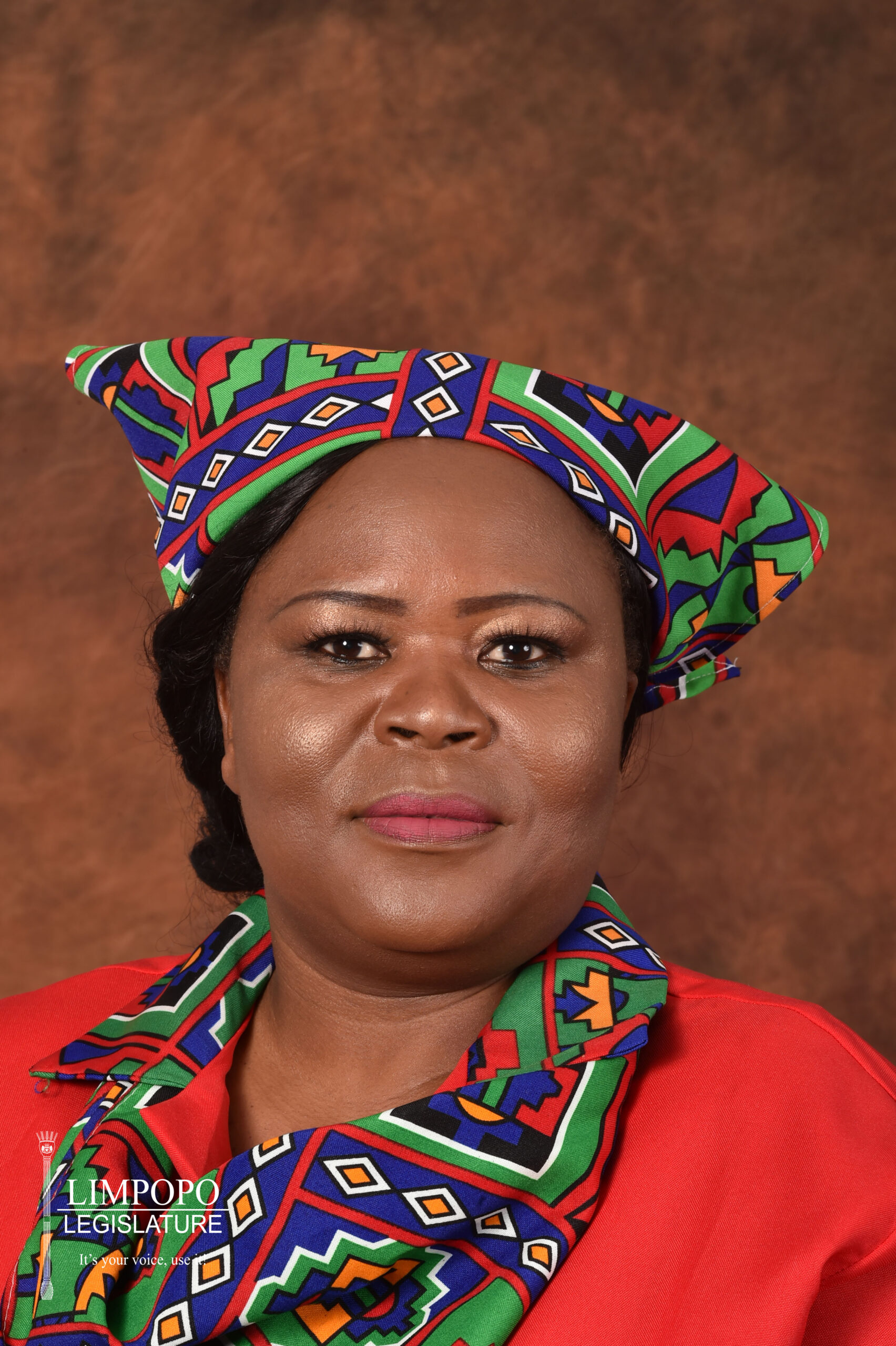
The Limpopo Provincial Legislature operates its business through committees it established in terms of section 116(2)(a) of the Constitution, 1996 and the Rules and Orders of the Legislature. The Legislature has committees which are Internal or Standing Committees, and the Portfolio Committees established in line with the portfolio Departments.
The committees are referred to as the engine of the Legislature because that is where robust debates on issues happen and it is where real oversight work and the investigative role of the Legislature is put to practice. Committees are, in general, proportionally representative of the parties in the Legislature. Committee meetings are open to the public, but may be closed if there is a good reason to do so.
Committees have the power to summon any person to appear before them, give evidence or produce documents. They may require any person or institution to report to them. Committees may also receive petitions, representations or submissions from the public. Each committee is headed by a chairperson Members of the. Executive Council are therefore accountable individually and collectively to the Legislature. The Legislature exercises oversight over the Executive Council and can call on the Members of the Executive Council at any time to explain actions and/or decisions.
A provincial legislature may also determine and control its internal arrangement, proceedings and procedures and make rules and order concerning its business, with due regard to representative and participatory democracy, accountability, transparency, and public involvement. A provincial legislature is bound only by the national Constitution, or by a provincial constitution if it has passed one. No provincial constitution has been passed for Limpopo. The work of committees is not restricted to government. They may investigate any matter of public interest that falls within their area of responsibility.
There is a Portfolio Committee for most provincial government departments and all state owned entities. In South Africa, the provincial Legislature is the legislative branch of the government of that province. The provincial Legislatures are unicameral and vary in sizes depending on the population of the province. In general, the provincial Legislature is made up of only one “House”. MPLs are elected for five years, just as the MPs in Parliament are. At the provincial level, the Premier heads the “executive”.
The Premier appoints MPLs from the majority party to be Members of the Executive Council (MECs), and the Premier and the MECs form the “government”. The Limpopo Legislature currently has 49 MPLs and is situated in Lebowakgomo. Currently, there are 39 MPLs for the African National Congress (ANC), six MPLs for the Economic Freedom Fighters (EFF) official opposition, three MPLs for the Democratic Alliance (DA), and one MPL for Congress of the People (COPE).
our mandate
- Law-Making
- Oversight
- Public Participation
our values
- Honesty, integrity and reconciliation.
- Consultation, transparency, accountability, participation and open communication
- Commitment to transformation and continuous learning.
- Responsive
our vision
The Limpopo Legislature is a representative and consultative body, a vanguard of people’s aspirations and interests towards a democratic, nonsexist, nonracial, united and prosperous society.

